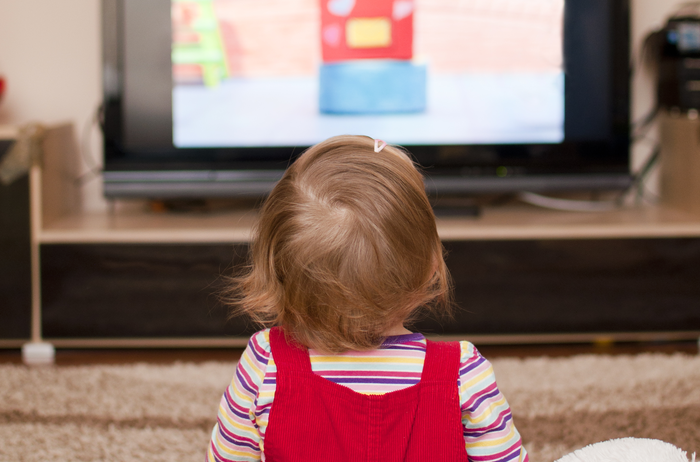In today’s world, screens are everywhere—TVs, tablets, phones, even toys with flashing lights and sounds. While a little screen time might seem harmless (or even helpful for a busy parent), too much of it can quietly affect how our little ones grow, think, and feel.
At PeacePebble, we believe in mindful parenting—choosing what nurtures a child’s natural curiosity and emotional well-being. Let’s explore how screens impact young children and how we can gently create more balance.
🚫 Why Too Much Screen Time Can Be Harmful
1. Delays in Speech & Social Skills
Children learn language by watching faces, hearing real voices, and having back-and-forth conversations. When screens replace these moments, it can slow down speech and emotional development.
2. Reduced Attention Span
Fast-moving cartoons or flashy games can overstimulate young brains, making it harder for kids to focus, play calmly, or enjoy quiet moments.
3. Disrupted Sleep
Screen time before bed—even cartoons—can interfere with natural sleep rhythms. Blue light affects melatonin production, which means bedtime struggles and restless nights.
4. Less Active Play
Movement is essential for a child’s physical development. When screens replace crawling, jumping, stacking, or pretend play, their motor skills may develop more slowly.
🌱 What They Need Instead: Real-World Experiences
Children under five are like tiny explorers, soaking in the world through real interactions—not pixels. Their brains grow best when they engage with faces, voices, movement, and play.
Simple things—like looking into your eyes while you talk or giggling during peek-a-boo—help build emotional security and communication skills. Outdoor adventures, even a barefoot walk on grass or chasing bubbles in the backyard, help strengthen their body and calm their senses.
Creative play is where the magic happens. Give them a set of wooden blocks, some soft books, or a basket of pretend food, and watch their imagination unfold. Listening to real voices telling a story or singing a lullaby creates strong language connections that no screen can replace. And above all, what children need most is you—your presence, your smiles, your love. That connection is the foundation for everything else.💡 How to Gently Reduce Screen Time
💡 How to Gently Reduce Screen Time
If cutting down screen time feels overwhelming, take heart—it doesn’t have to be all or nothing. Start with one small change. Maybe today, instead of one episode, you snuggle up with a book or take a short walk around the block.
Creating screen-free zones in your home—like at the dining table or in the bedroom—helps your child understand when screens are off-limits and makes room for more meaningful interaction.
You can also make playtime easier by preparing little baskets filled with books, puzzles, or simple toys they can explore independently. Rotate them weekly to keep it fresh and exciting.
And perhaps the most powerful change of all? Let them see you choosing connection over scrolling. When they watch you put your phone away to play, they learn just how valuable real-life moments truly are.
🧸 PeacePebble Picks: Screen-Free Fun
Here are some calming, creative alternatives your child will love:
🎨 Simple crayons and big paper for free drawing
📚 Soft cloth books or board books
🧩 Wooden puzzles and stacking toys
🎶 Nursery rhyme playlists (audio-only)
💛 A Gentle Note to Moms
Screens can be helpful sometimes—especially when you need a break or a moment to yourself. That’s okay. Grace matters just as much as guidance. What’s most important is finding a rhythm that feels peaceful for you and your child.
Even a few extra minutes of unplugged play each day can make a big difference in your little one’s world.
💬 Do you struggle with managing screen time at home? Share your story in the comments—we’re in this together.
📥 Want weekly tips like this? Sign up for our parenting newsletter.

